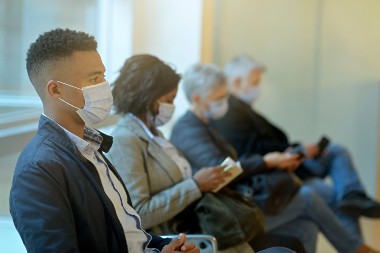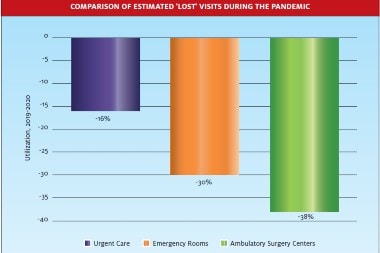Many patients don’t think about “urgent care” until the moment they need treatment. Likewise, few people think of urgent care when considering a routine check-up at the doctor’s office. Perhaps it’s time for that to change. The main demographic served by urgent care consists of “working age” adults, 24-54, and their families. Historically, these patients lack a primary care provider (PCP). Whereas children have a pediatrician and seniors in a Medicare plan are likely served …
Read More






